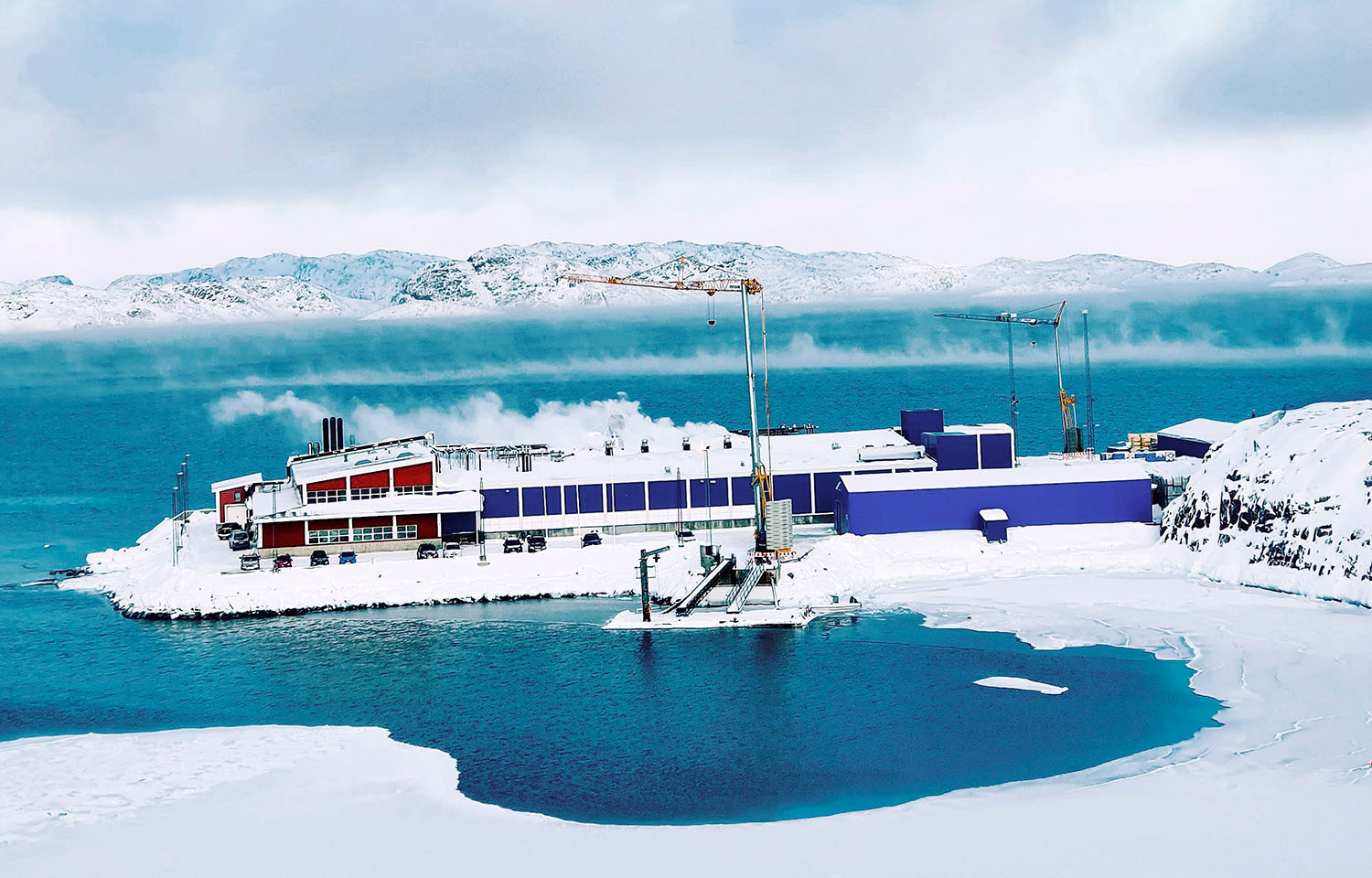Polar Seafood Greenland Board Chair Michael Binzer said the company is awaiting clarification on Greenland’s fisheries reforms, which the company said will force it to sell off one-third of its halibut and shrimp quotas.
Revisions to Greenland’s fisheries law were approved on 16 May and became law on 19 May, setting a 10-year transition period requiring companies that conduct commercial fishing in Greenland to be based in Greenland. It will also create rules restricting private companies to owning 20 percent of the quota for a given species and public companies to owning 33 percent of a quota for a given species.
Polar warned those restrictions would have serious consequences for the company, and Binzer criticized the move in a LinkedIn post.
In a newer LinkedIn post, Binzer said the company's board is going to “go through everything with a fine-tooth comb” as it tries to figure out its next steps – “not because we have major economic challenges right now but because we have to prepare for a not-so-distant future where one-third of our quotas disappear.”
“At Polar Seafood, we are in the process of mapping out what is needed for [our] Aasiaat factory to be maintained,” he wrote. “It is still probably the blackest cloud in the sky for us because our raw material base is falling drastically. However, we are open to discussing alternative options to secure the supply of raw materials from other companies – on competitive terms. Those discussions must now be initiated.”
Polar Seafood Greenland posted “unsatisfactory” results for FY2023 due to lower-than-expected catch attributed to issues with fishing vessels. Now, facing a reduction in quota, Binzer said the company needs to determine how it will finance the changes the company needs to undergo to meet the requirements outlined in Greenland’s fisheries reforms.
The company, Binzer said, needs to determine what is allowed in the framework of the law and whether external financing is possible with either difficult requirements on solvency and equity or by using the company’s quotas as collateral.
“The latter can be challenging with only a 10-year horizon on the quota allocations, when a ship typically has to be financed over a period of at least 20 years, unless you can lease a ship,” he said.
Binzer added that the company is confident it will be able to adapt to the new rules as it embarks on examining its activity across the supply chain.
“In many ways, it is a relief that the Fisheries Act has now been passed – even though we deeply disagree with the content itself – because we can now get back to work and do what we do best: run an efficient fishing group that is vertically integrated,” he wrote. “In other words: Put on our work gloves.”








